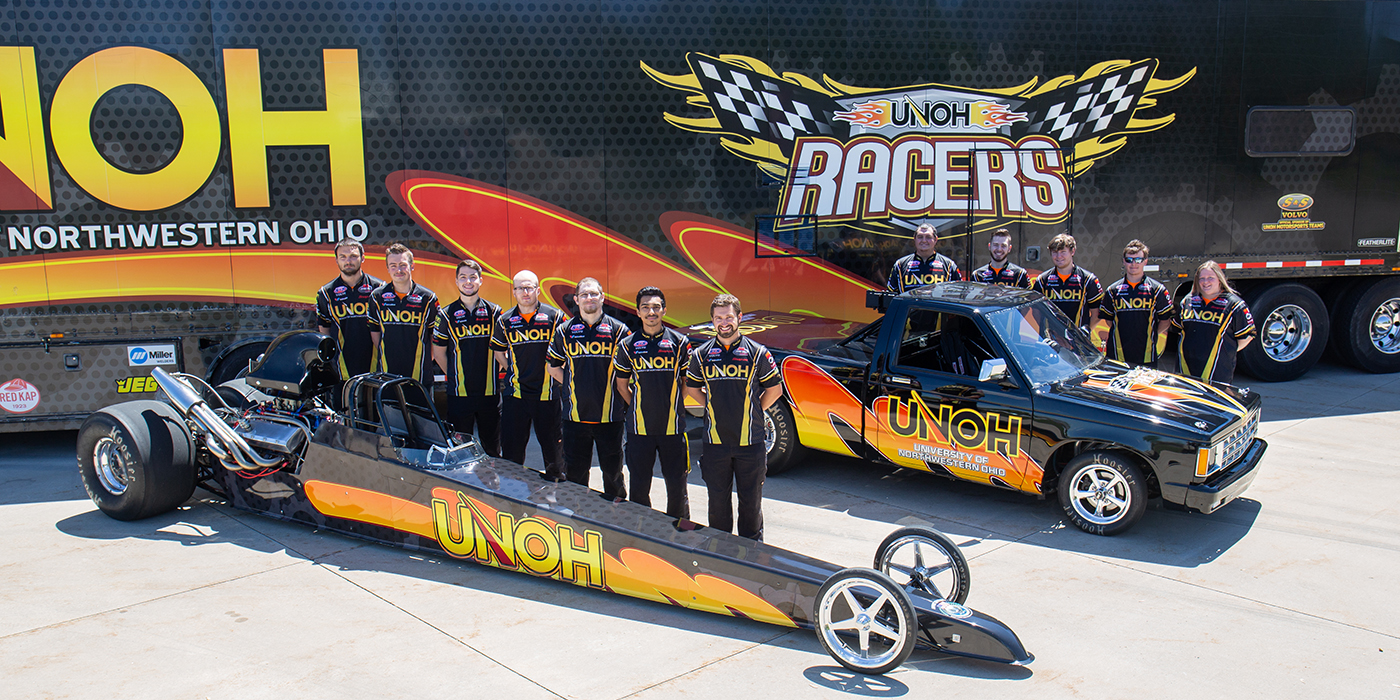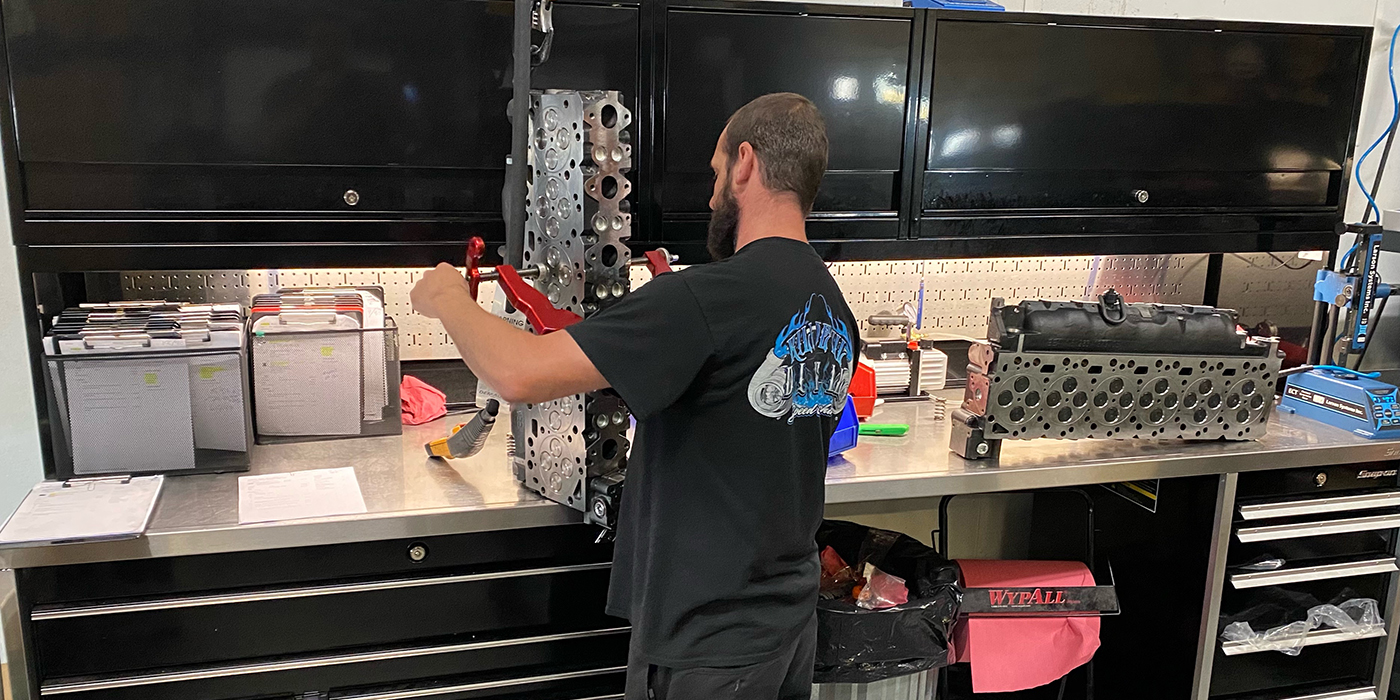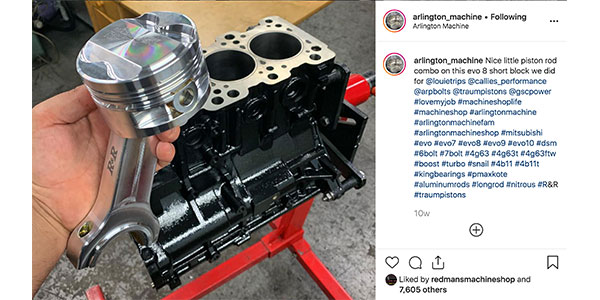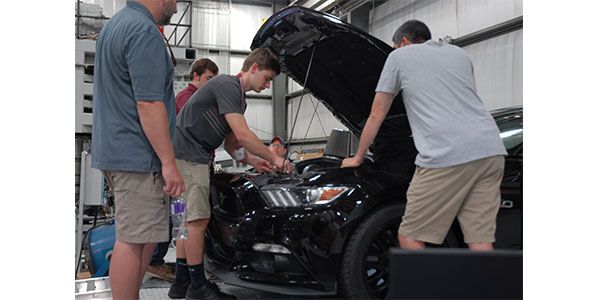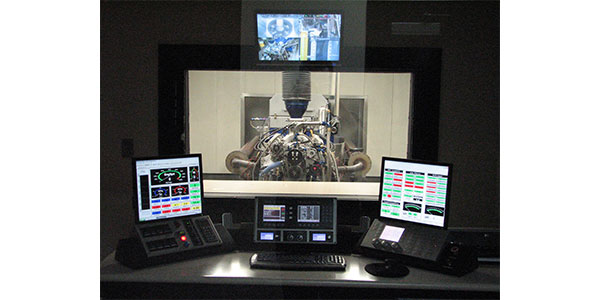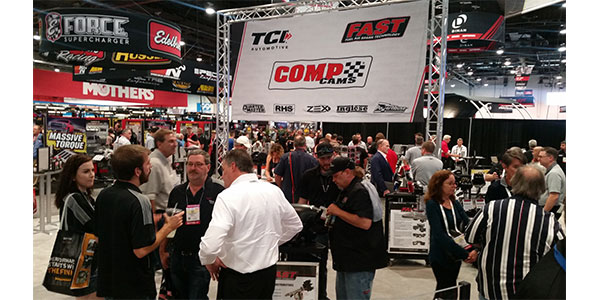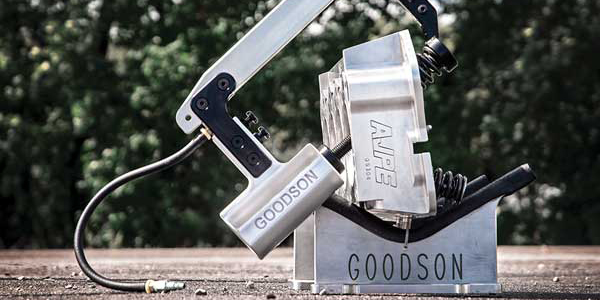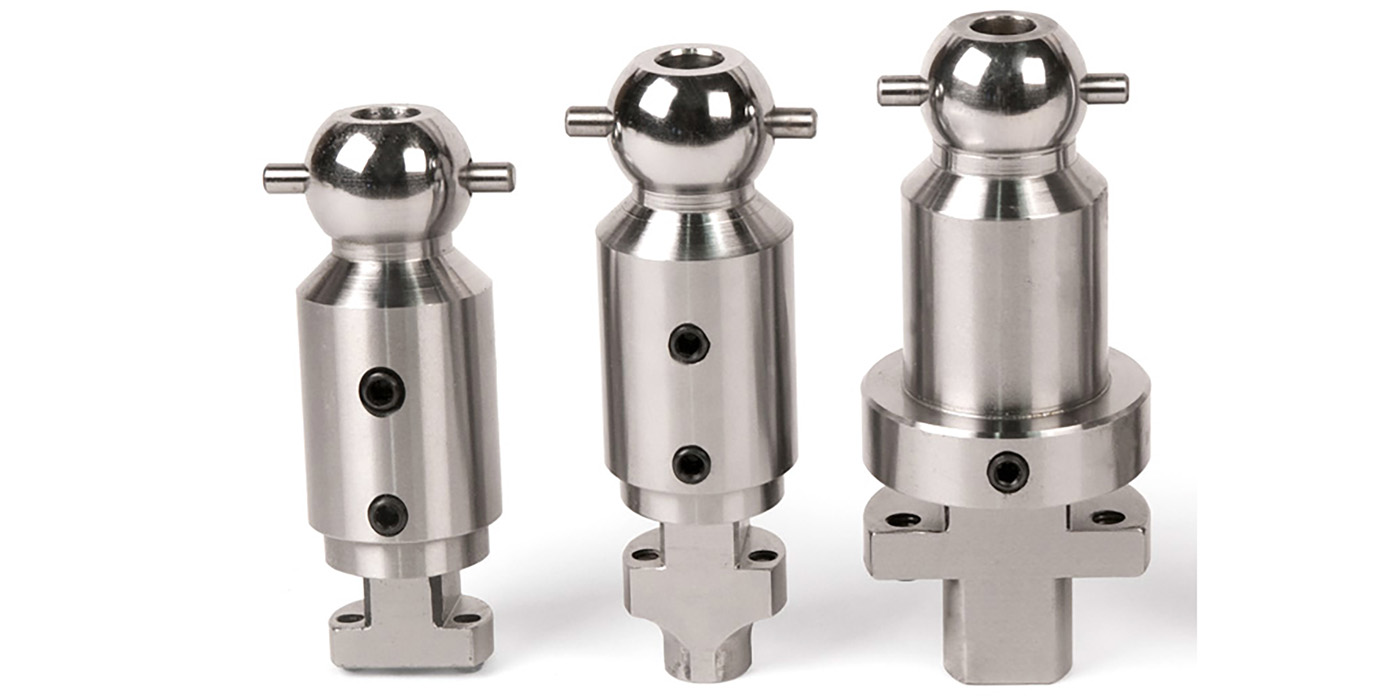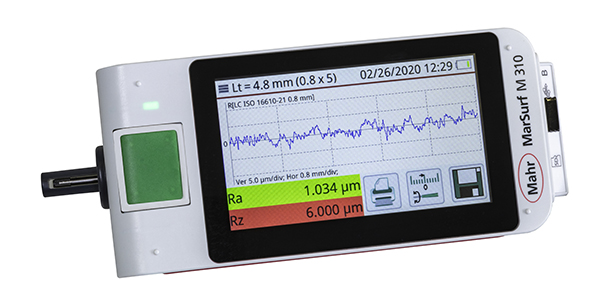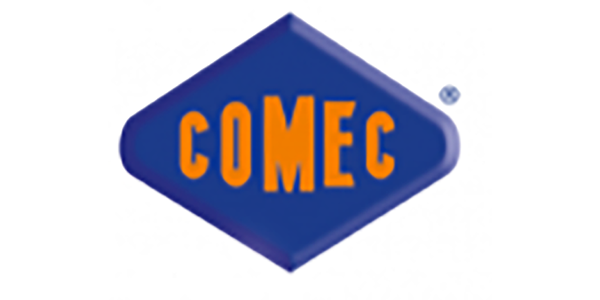For many of you in the engine rebuilding industry, having access to the proper machines and equipment is the missing piece to creating the best engines possible for your customers. While you may get by with the machines or pieces of equipment you have now, you’re probably dreaming of what could be.
You might need a piece of machinery you currently don’t own to start doing work you would otherwise farm out to another shop. Maybe you need to upgrade an existing piece of equipment because it no longer holds the tolerances required these days. You might even be looking at a used piece of equipment to add to the shop. As you’re dreaming of those new machines and equipment, you begin to think about the substantial cost involved, and that dream becomes more of a nightmare.
Enter Steve Morgan, a senior relationship manager at Univest Capital, a company that specializes in equipment financing. Morgan himself started out selling engine rebuilding equipment in the early ’80s in California. After six years he transitioned to the financing side of the industry and has been helping shops get the equipment they need to profit and grow for more than 30 years now.
“I’d like to think I know a thing or two about the industry, and more importantly, about the customer’s needs and wants and issues,” Morgan says. “I deal with not only the equipment salesmen, but more so the engine rebuilder and machine shop owner trying to find solutions to put together financing for the equipment they need. My bread and butter is everything from a valve facer to a million-dollar CNC machine.”
With the cost of some of these pieces of equipment equaling that of a house, it is crucial that engine rebuilders and machine shop owners understand what options are available to them when looking to purchase new or used equipment, and the best ways to go about spending that much money.
Keep Your Cash
“I understand nobody wants another payment, but one of the biggest pitfalls I’ve seen throughout my career is that guys will take every last dime of their available working capital to pay cash for the equipment in order to avoid a monthly payment,” Morgan says. “However, six or nine months down the road, something happens and they’re strapped for cash. That’s what gets them in trouble – they don’t have any working capital to fall back on.”
It may seem counterintuitive to want another monthly payment, but business-wise it makes more sense to finance income-producing equipment, let the work from that equipment help pay the monthly payment and save the working capital and extra cash to fall back on.
“With the technology in today’s equipment, the machine shops have to be able to keep up, not only for quality control, but the time involved,” he says. “The difference from 20 years ago to today with a surfacer, balancer or seat and guide machine is night and day. With technology being what it is, the turnover in equipment is more so than it used to be. The return on the investment is also much greater than it used to be.”
What companies like Univest Capital do is make it easy and as simple as possible for a machine shop or engine rebuilder to add that balancer or CNC machine in order to keep up, produce more and get more business.
“We structure our deals for anywhere from one to seven years,” he says. “Ninety percent of my business is a five-year finance deal with a minimum, upfront, down payment and the equipment is theirs at the end for a dollar.”
Univest Capital has a simple one-page credit application that generally gets turned around the same day it’s received. The final details are worked out with the monthly payment and the documents are sent via email. Univest then issues the purchase order to the manufacturer or salesman and the customer gets his equipment.
“One thing that sets us apart is we know the industry,” he says. “We try to make it as easy as possible for the customer to acquire the equipment that he needs without making him jump through a number of hoops.”
The Ideal Situation
When looking to purchase a new machine, there is a happy medium when dealing with payment and financing. If an engine builder is looking at a $50,000 machine and he’s got $55,000 in the bank and wants to pay for it in cash, there are, perhaps, better ways to buy that machine than spending all his money.
“My first suggestion is why not put 50% down, finance the other $25,000, enjoy the tax write-off and you’ll still have $30,000 of working capital in the bank to fall back on should something else come up,” Morgan says. “If you have extra money, I always suggest putting it into inventory or something else that will make you a better return than paying me 7-8.5% interest. I see that a lot where customers will use money as a down payment and then finance the remaining balance.”
On the other end of the spectrum, there are guys who don’t have any money, but need a machine to increase business or keep up with business. That’s actually a good sign for not only our industry, but the economy as a whole.
“This year I’ve seen more new business credit applications than I saw all of last year,” he says. “That tells me guys want to venture out on their own. They may not have the money or may not have the experience, but we are seeing more and more guys who work in a shop who want to start their own deal. That tells me the economy is doing well because no one is willing to take that risk when things are real slow or the economy is a real drag. I believe the economy and our industry is doing well based on new business credit applications. Lots of those guys have limited resources and don’t have a lot to fall back on. We are one of the companies that will take a new business.”
Used Machinery
It’s no secret that most of the machinery involved in engine rebuilding is expensive. A popular option for many people is to find a good, used piece of equipment rather than spending a small fortune on brand new equipment. Univest Capital is one of the few companies that will finance used machine purchases as well.
“To me it makes no difference whether it’s a new piece of equipment or used piece of equipment as long as the customer is credit worthy,” Morgan says. “The only caveat there is if it’s a 25 or 30-year-old piece of equipment – sometimes I’m only able to do three- or four-year financing versus the usual five years.”
While used equipment can be a great way to go depending on what kind of equipment it is, there are upsides and downsides to used versus new equipment.
If the price difference is small, it’s recommended you go new. You get the latest technology, the best warranty and you know exactly what you’re getting and there are no surprises. That being said, Morgan has financed a lot of used equipment.
“In our industry, this equipment holds its value and 99 percent of the salespeople in the country back up what they sell,” he says.
Payment Due
The majority of customers Morgan deals with will finance a piece of equipment for five years and will just make the regular monthly payment for the full five years. He has very few customers who want to pay loans off early.
“If paying off the machine early means using the last of your available cash, my advice is to not do it and hang on to that cash in case the unforeseen happens,” he says. “You can also put that money into inventory, another piece of equipment, or even expand your business into things like a dynamometer.”
Speaking of dynamometers, the most popular pieces of equipment to finance are dynos, CNC machines and anything automated. With technology these days, there’s been a greater uptick in those kinds of machines and it’s another sign that the industry is very healthy.
While the industry and economy might be performing better than in years passed, some shops still struggle to keep capital on hand for certain needs. For that reason, Univest Capital is one of the companies that will provide working capital loans.
“Shops are strapped for cash every once in a while and it happens to everybody,” Morgan says. “We offer up to $50,000, and rather than the documents saying its $50,000 for a CNC machine, it says $50,000 of working capital. Shops make payments on that $50,000 rather than a $50,000 dynamometer. We’ve been doing this for the past two years, and it has been a popular offering. There are no strings attached to how shops can use that money. The working capital loan is paid back over two to five years.”
No matter what your shop’s situation may be or what machine or piece of equipment is on your list next, you might be closer than you think to getting what you need to turn a bigger profit. The saying ‘cash is king’ rings true is this industry too. If you’re in the market for new equipment, the decision to invest doesn’t have to be as intimidating as you might have expected. But if you don’t have the conversation, you may be missing out on something that could help your business grow.
Steve Morgan can be reached at
(952) 303-6022 or [email protected]



